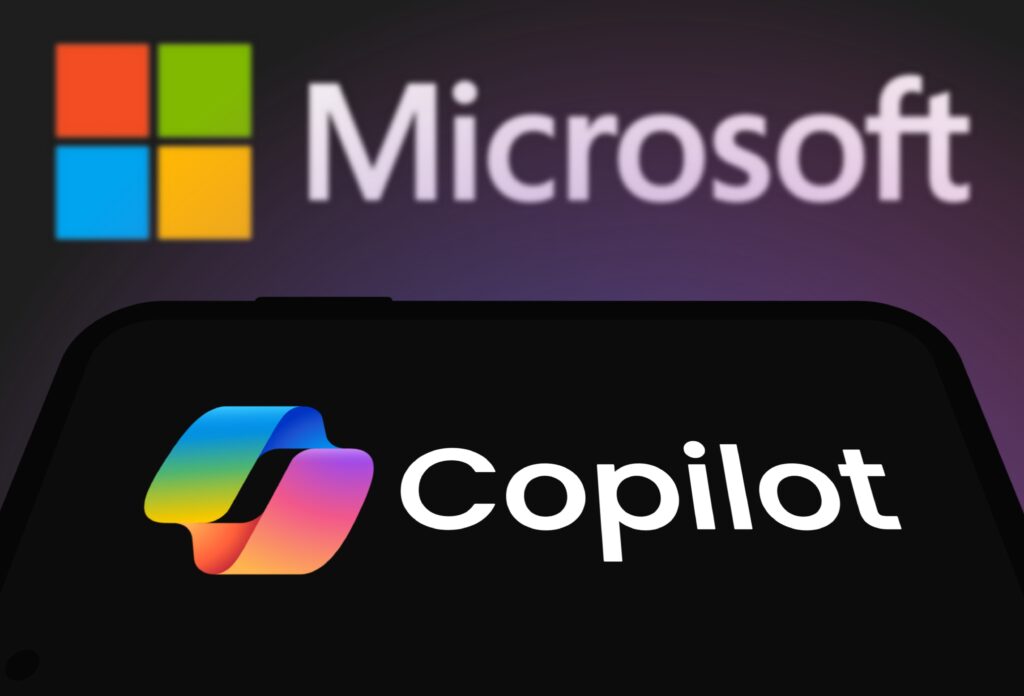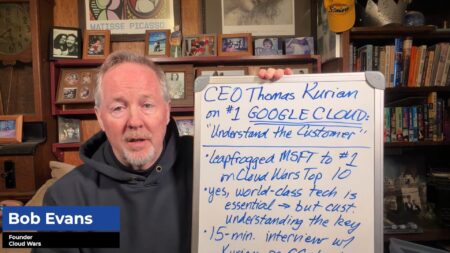
Microsoft continues to build out the roster of AI model choices available to users of core Copilot products and AI services. To that end, the company said last week that two Anthropic models — Claude Sonnet 4 and Claude Opus 4.1 — will be available as options alongside OpenAI models in Copilot Studio for building AI agents.
The company pledged that it will continue to expand model choices in Copilot Studio: “We’re just getting started with model choice in Copilot Studio,” said Dan Lewis, Corporate Vice President, Copilot Studio, in a blog post, adding that customer feedback on the various models “will shape what’s next for agentic AI at Microsoft.”
Claude Opus 4.1 also is now available in GitHub Copilot, the AI coding assistant that’s native to Microsoft’s widely used GitHub coding platform.
As other indicators of the company’s commitment to model choices, we recently detailed two internally developed specialized models, and Microsoft continues to expand its Azure model catalog, which currently lists dozens of model providers.
“The addition of Claude Sonnet 4 and Claude Opus 4.1 advances our commitment to bring the best AI innovation from across the industry to Microsoft 365 Copilot,” added Charles Lamanna, President, Business & Industry Copilot at Microsoft.

AI Agent & Copilot Summit is an AI-first event to define opportunities, impact, and outcomes with Microsoft Copilot and agents. Building on its 2025 success, the 2026 event takes place March 17-19 in San Diego. Get more details.
Anthropic Models, Microsoft Deliverables
Anthropic describes Sonnet 4 as optimized for coding functions, balancing performance and efficiency while effectively following complex instructions and performing code-base navigation. Anthropic describes Opus 4.1 as follows: it “pushes boundaries in coding, research, writing, and scientific discovery.” Anthropic added Opus 4.1 excels at multi-file code refactoring and managing lengthy, autonomous workflows with coherence and precision.
In Copilot Studio, users and developers building enterprise-class agents can take advantage of Claude Sonnet 4 and Claude Opus 4.1 for deep reasoning, workflow automation, and agentic tasks. Users can also mix and and match models for specialized tasks.
Microsoft executives suggested the models can be used in two ways:
- Orchestrating and managing agents powered by Anthropic models for advanced reasoning, workflow automation, and flexible agentic tasks.
- Choosing the optimal model for a given scenario — This reinforces Microsoft’s open approach to AI — letting users choose the best model for the job which could be an industry, function, or process; they’ll do so using the prompt builder drop-down menu.
Admins have flexibility in how they enable and manage access to Anthropic models. Those models must be enabled from the Microsoft 365 Admin Center; once that step is completed, they can be used across a company’s tenant. Anthropic models are then available by default in the admin center, but admins manage how the models are accessed in Copilot Studio. If Anthropic models are disabled, agents that rely on them will automatically switch to the default OpenAI GPT-4o model, thanks to automatic fallback functionality.
In addition to the expanded Copilot Studio model options, Microsoft’s Researcher Agent can now be powered by Claude Opus 4.1 in addition to Open AI models. Researcher tackles complex research spanning the web, trusted third-party data and all of a company’s work across channels and data sources.
Claude in Researcher is available through the Frontier Program to Microsoft 365 Copilot-licensed customers who opt in. Users can also opt in to try Claude in Copilot Studio. In GitHub, enterprise administrators must opt in by enabling the new Claude Opus 4.1 policy in Copilot settings.
Ask Cloud Wars AI Agent about this analysis










